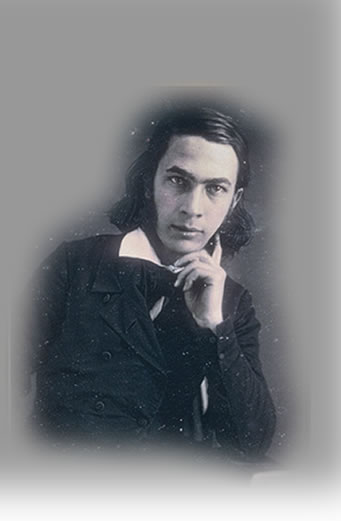
[A] City Police
Lippard began his career as a publishing writer in January 1842 when he joined the staff of The Spirit of the Times, a Locofoco Democratic newspaper in Philadelphia edited by John S. DuSolle. Lippard served as a police reporter for several months in early 1842, attending the Mayor’s Court each day and writing up, under the “City Police” heading, the cases that were brought before it: mostly thieves, drunks, prostitutes, vagabonds, and other disorderly types. Read More ...
In addition to the evidence of growing literary ambition, the “City Police” columns display Lippard’s emerging political indignation. Needless to say, daily reporting on petty crime brought Lippard into contact with the most unfortunate and desperate of Philadelphia’s residents. Although he was wont to make comedy out of their misdemeanors, he was also keenly alert to the social injustice on unmistakable display in Philadelphia’s streets; for example, in “You’d Better Read It” (A13), he tells of the arrest and incarceration of an old man, Jacob Achan, who was hungry and tired and therefore laid down to sleep in a market stall, only to be arrested for the offense. This poor and weary old man provided Lippard with an opportunity to rail against the corrupt bank directors, thieving lawyers, greedy office-seekers, hypocritical ministers, and cheating merchants who would always be the favorite objects of Lippard’s political wrath.
The January 5 installment (A1) was apparently Lippard’s first contribution as “City Police” reporter for The Spirit of the Times, and the April 9 installment (A14) was his last.